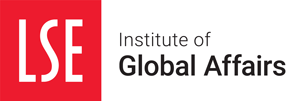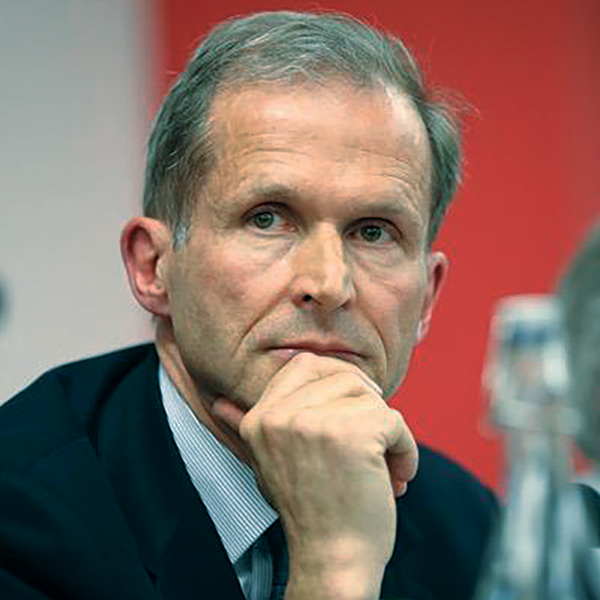GLOBAL POLICY LAB

London School of Economics and Political Science

Critics of the Report say that the proposals are not going far enough and that implementation efforts are too timid. Yet, at a time of populism and major backlash against multilateralism and the institutions of global governance, the EPG Report is the best thing we can hope for – a comprehensive and analytically astute benchmark for the necessary discussion of a new multilateralism. Some proposals could have gone further and all ideas are not fully developed, reflecting political constraints, but they can now be picked up by others and taken further.
The EPG proposals are now being implemented. The Japanese G20 Presidency encouraged a prioritisation exercise and has taken charge of the proposal to establish “country platforms”, a country-owned effort to ensure coherence of the global system at the level of individual countries. The G20 Working Group on the International Financial Architecture is in charge of developing the principles. Japan is also committed to facilitate the launch of a series of pilots in countries to test the approach. It is on the agenda for the G20 Finance Ministers and Central Bank Governors in Fukuoka.
The systemic approach of the EPG is at the core of the LSE Institute of Global Affairs. Our Global Policy Lab was set up to support connecting policymakers and thinking environments within and across emerging economies, and ultimately to help them increase their impact on global decision making. The EPG embodied the mission of the Global Policy Lab with equal representation from advanced and emerging economies, with the EPG Chair, Tharman Shanmugaratnam, Deputy Prime Minister of Singapore, representing the growing leadership of the emerging world.
LSE has also come together with the Centre for Global Development and the Brookings Institutions in Washington, D.C., in the Friends of EPG initiative. We want to work with institutions and individuals in emerging and advanced economies to further develop the ideas in the EPG Report and encourage its implementation. We hope that you will engage with us to help shape a new multilateralism.
We begin a summary of the report and contributions from the presidents of two important multilateral development institutions – the Asian Infrastructure Investment Bank and the European Bank for Reconstruction and Development – both institutions created significantly after the original Bretton Woods institutions, but in rather different economic and political contexts. These articles are followed by a reflection on the legitimacy of the G20 and two perspectives – a private sector view and one from a more academic perspective – on what needs to be done to make the Global Financial Safety Net more complete and more resilient. We end with a presenting a promising collaboration between an IFI and an institutional investor to encourage decarbonisation and green technologies.